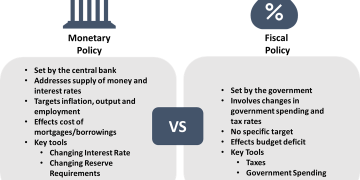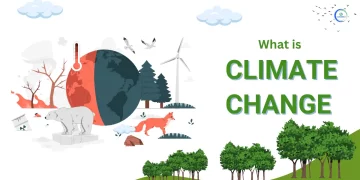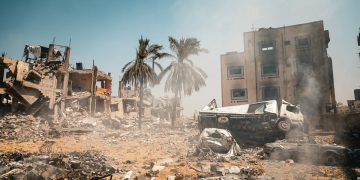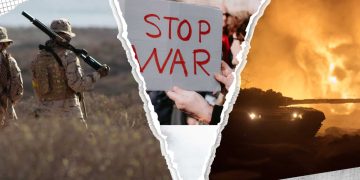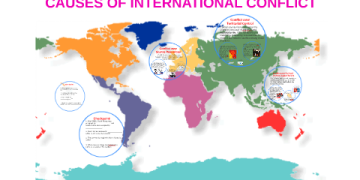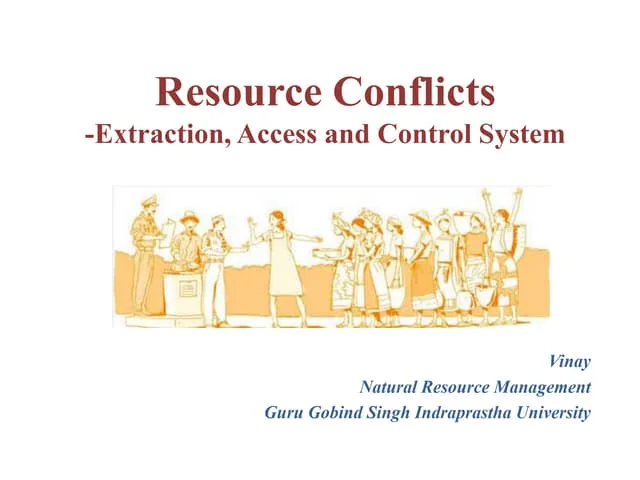A Story to Begin
In 2010, a diplomatic clash between China and Japan unfolded not over military maneuvers or ideological disputes, but over rare earth elements. When China temporarily restricted exports, Japan’s high-tech industries trembled. Smartphones, hybrid cars, and defense systems—all relied on these invisible minerals. A geopolitical struggle had emerged, not from traditional borders or weapons, but from the supply of critical resources buried in the earth.
This story is not unique. Across the globe, water, oil, and rare earths have become focal points of both cooperation and conflict. In the 21st century, resource scarcity is no longer just an environmental or economic issue; it is a matter of global power, survival, and security.
Water: The Liquid Lifeline Under Pressure
Rivers That Cross Borders
More than 260 rivers cross national boundaries, making water one of the most politically sensitive resources.
- The Nile Basin: Ethiopia’s construction of the Grand Ethiopian Renaissance Dam (GERD) has alarmed Egypt, which fears reduced water flow to its farmland and cities.
- The Indus Waters Treaty: Between India and Pakistan, the treaty has withstood wars, but rising water stress threatens its durability.
Climate Change Intensifies Scarcity
Melting glaciers, prolonged droughts, and erratic rainfall patterns are straining water supplies. From Cape Town’s near “Day Zero” crisis to California’s recurring droughts, water scarcity is no longer a distant possibility—it is a lived reality.
Social Unrest and Migration
When water disappears, people move. Rural-to-urban migration in sub-Saharan Africa, often triggered by drought, has fueled tensions in cities already struggling with limited infrastructure.
Oil: The Black Gold That Still Shapes Power
The Legacy of Oil Wars
From the Gulf Wars to ongoing instability in Venezuela, oil has been the driver of both prosperity and war. Control over oilfields and trade routes has often been equated with geopolitical dominance.
Shifting Energy Markets
While the world moves toward renewables, oil remains indispensable. The Russia-Ukraine conflict demonstrated how energy dependence can be weaponized: Europe’s reliance on Russian oil and gas became a geopolitical vulnerability.
Beyond Economics
Oil is not merely about fueling cars or factories—it is about influence. Nations that control oil supplies wield disproportionate power in international institutions and negotiations.
Rare Earths: The Hidden Backbone of Technology
What They Are and Why They Matter
Seventeen obscure elements—like neodymium, dysprosium, and cobalt—form the backbone of modern technology: wind turbines, electric vehicles, smartphones, and advanced weaponry.
China’s Dominance
China controls over 60% of global rare earth production and more than 80% of processing capacity. This creates geopolitical leverage: limiting exports can disrupt global supply chains, as Japan experienced in 2010.
Scramble for Alternatives
Nations are racing to secure their own rare earth sources—Australia, the U.S., and African countries are expanding mining operations. But environmental costs are high, raising a new dilemma: how to secure critical resources without ecological devastation.
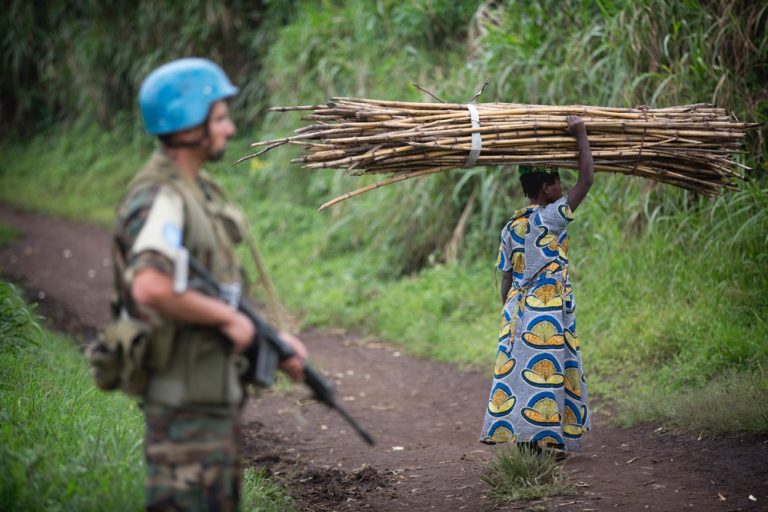
Intersections of Scarcity and Power
- Water-Energy Nexus
- Producing energy requires water (for cooling, fracking, and refining).
- Desalination plants that solve water shortages require massive energy inputs.
- The nexus highlights how resource scarcity is interconnected, not isolated.
- Resource Nationalism
- Governments often restrict exports of vital resources to protect domestic industries, but this can trigger trade wars.
- Example: Indonesia’s ban on nickel exports reshaped global supply chains for batteries.
- Security Dilemmas
- Nations dependent on imports may pursue aggressive foreign policies to secure resources, sparking regional rivalries.
Stories of Conflict and Cooperation
- Sudan and South Sudan: Oil reserves straddle their disputed borders, fueling civil wars and international interventions.
- The Arctic: Melting ice caps open new shipping routes and oil reserves, creating competition among Russia, the U.S., Canada, and China.
- The Jordan River: Shared by Israel, Jordan, and Palestine, water scarcity has become a trigger for both conflict and innovative cooperation projects.
These stories illustrate that resource scarcity can push nations to the brink of war—or force them into dialogue.
Ethical and Environmental Dimensions
- Equity and Justice: Who should get priority in accessing scarce resources—the wealthy nations that consume the most, or poorer ones struggling to survive?
- Environmental Damage: Mining rare earths pollutes rivers and landscapes; oil spills devastate ecosystems; over-extraction of groundwater leads to desertification.
- Intergenerational Responsibility: Today’s exploitation risks leaving future generations without critical resources or a stable environment.
The Future of Resource Geopolitics
New Frontiers
- Space Mining: Asteroids rich in rare metals may become the next geopolitical battleground.
- Deep-Sea Mining: Countries are exploring ocean floors for cobalt and manganese, raising ecological concerns.
Renewable Transitions
- As fossil fuels decline, demand for lithium, cobalt, and nickel is skyrocketing. The transition to clean energy will not eliminate competition; it will simply shift it.
Governance Challenges
- Current treaties, like the Outer Space Treaty or UNCLOS, may be insufficient for regulating new resource frontiers.
- Stronger global governance is needed to prevent resource exploitation from fueling future conflicts.
Conclusion: A Scarcity-Driven World
Water, oil, and rare earths tell a shared story: scarcity fuels both vulnerability and ambition. In the 21st century, as climate change accelerates and populations grow, these resources are no longer just commodities—they are strategic levers of global power.
The question for humanity is not whether resource competition will intensify—it already has. The real question is whether nations will choose confrontation or cooperation.
Will the future be shaped by wars over rivers, oilfields, and mineral mines, or by treaties, innovations, and shared responsibility?
The answer will determine whether scarcity becomes a curse or a catalyst for collective survival.





